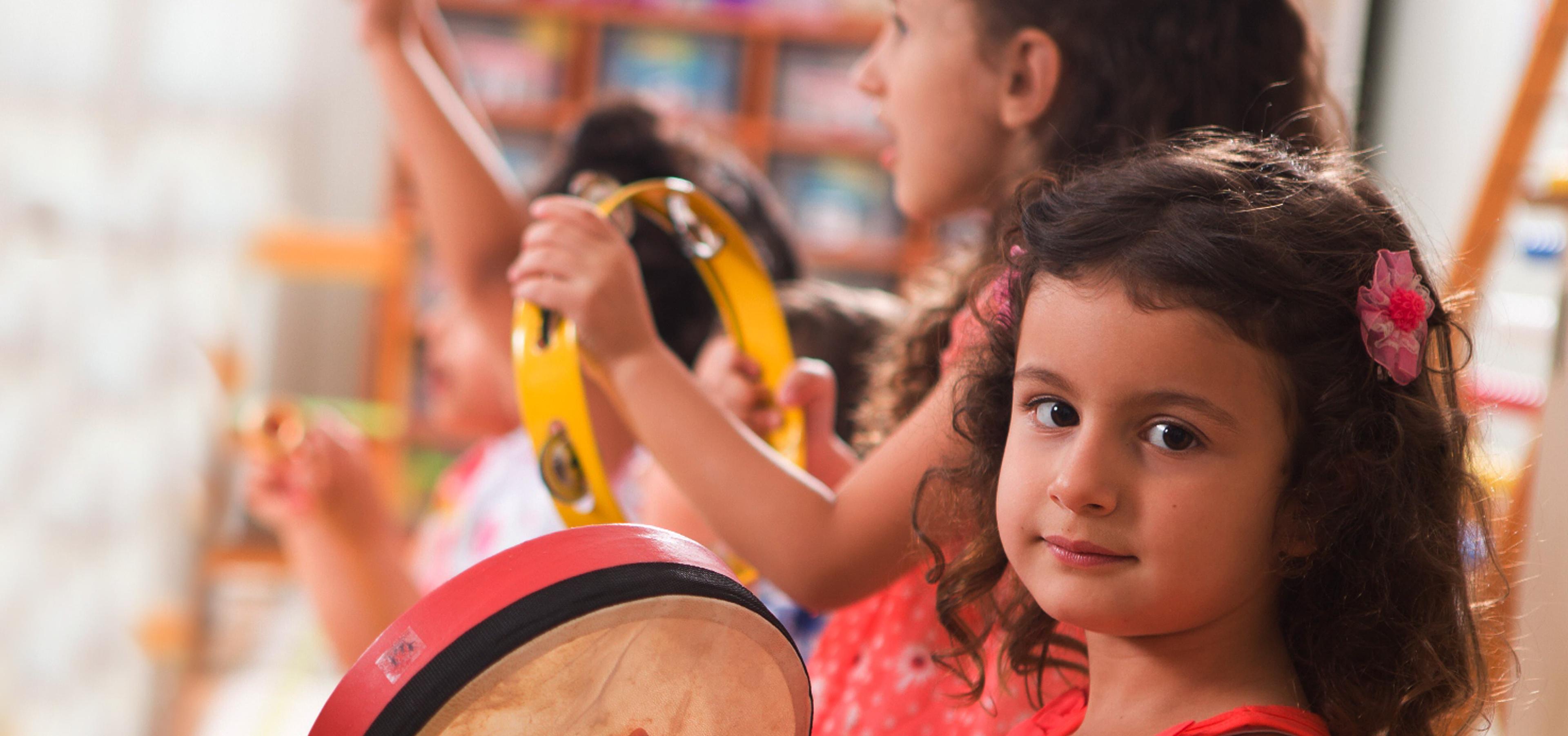Montessori education is known for its focus on holistic development, including physical development. In the Montessori classroom, movement is seen as an essential part of learning, and music is often used as a tool to encourage movement and physical activity.
What is music for movement?
Music for movement is a term used to describe music that is specifically chosen and played to promote physical activity and movement. In the Montessori classroom, music for movement is often used during transition times or as part of a specific lesson or activity.

Benefits of Music for movement
- Encourages physical activity: By playing music for movement, children are encouraged to get up and move around. This can help to keep them engaged and focused, as well as providing an opportunity for physical exercise.
- Promotes coordination and balance: Many types of music for movement involve actions or movements that require coordination and balance. By practising these movements to music, children can improve their physical skills and develop greater control over their bodies.
- Enhances learning and retention: Research has shown that music can enhance learning and memory retention. By incorporating music into lessons and activities, children are more likely to remember the material they are learning.
- Provides a fun and enjoyable experience: Music for movement can be a fun and enjoyable experience for children. By incorporating music into the classroom, children can learn while also having fun and enjoying themselves.
Ways of incorporating music for movement in Montessori
- Using music for transitions between activities
- Incorporating music into specific lessons or activities, such as music and movement activities or dance lessons
- Encouraging children to create their own movements or dances to music
- Using music to encourage relaxation and calmness during quiet times
Overall, music for movement is a valuable tool in the Montessori classroom. By encouraging physical activity, promoting coordination and balance, enhancing learning and retention, and providing a fun and enjoyable experience, music for movement can help to support children's holistic development and provide a rich and engaging learning environment.

